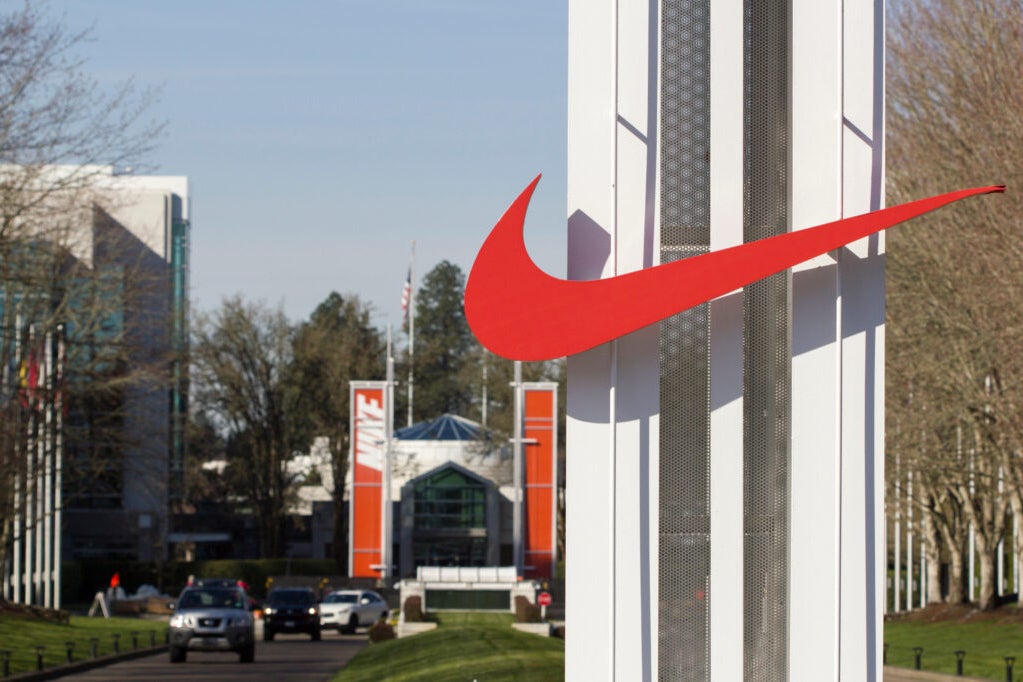Nike’s Bold Move: Layoffs in Tech Division Signal Shift to Third-Party Partnerships
In a strategic shakeup, Nike has announced significant layoffs within its technology division as part of a broader pivot toward third-party partnerships. The sportswear giant confirmed the restructuring on February 16, 2024, affecting hundreds of employees at its Beaverton, Oregon headquarters. This unexpected move reflects Nike’s growing reliance on external tech vendors, raising concerns about the company’s long-term innovation strategy while highlighting its focus on cost efficiency.
Restructuring Details and Immediate Impact
Nike’s tech division, which employs approximately 4,000 workers globally, will see a 10-15% reduction in staff over the next six months. Internal memos reveal the cuts primarily target teams working on:
- In-house digital platforms and mobile app development
- Data analytics infrastructure
- Custom enterprise software solutions
The company plans to transition these functions to established partners like Salesforce, Adobe, and several boutique AI firms. Industry analysts estimate this shift could save Nike $300-$400 million annually in operational costs.
Drivers Behind the Strategic Pivot
Nike’s decision follows disappointing Q3 2024 earnings, where digital sales growth slowed to 4% compared to 19% the previous year. “Building everything in-house simply isn’t delivering competitive advantage anymore,” explained CFO Matthew Friend during an investor call. “Partnering with best-in-class vendors allows us to move faster while reducing capital expenditures.”
However, tech industry experts express skepticism. “This feels reactive rather than visionary,” said Dr. Alicia Chen, Professor of Digital Innovation at Stanford Graduate School of Business. “Nike built one of the most advanced tech stacks in retail—from AR fitting rooms to blockchain authentication. Outsourcing core capabilities risks diluting that differentiation.”
Market Reaction and Competitive Landscape
The announcement sent ripples through both the tech and retail sectors:
- Nike shares dipped 2.3% in after-hours trading
- Major vendors like IBM and SAP saw modest gains
- Competitors Adidas and Under Armour reaffirmed commitments to in-house tech development
Notably, the move contrasts with Nike’s 2020 “Consumer Direct Acceleration” strategy that emphasized proprietary technology. Some analysts suggest the reversal indicates pressure from activist investors seeking higher margins.
Employee and Innovation Concerns Emerge
Current and former employees describe growing unease. “We’ve spent years building systems tailored to Nike’s exact needs,” shared one soon-to-be-laid-off engineer (speaking anonymously). “Third-party solutions will require compromises that could hurt the consumer experience.”
Innovation timelines may also suffer. Research from McKinsey shows companies relying heavily on external tech partners experience:
- 23% longer development cycles for new features
- 40% higher integration costs than projected
- Reduced ability to patent proprietary solutions
The Broader Industry Trend Toward Outsourcing
Nike joins a growing list of corporations prioritizing partnerships over in-house development:
| Company | Year | Tech Functions Outsourced |
|---|---|---|
| Walmart | 2022 | Cloud infrastructure, checkout systems |
| Delta Airlines | 2023 | Customer service AI, baggage tracking |
Yet retail analyst Mark Cohen of Columbia Business School warns: “When everyone uses the same third-party tools, you end up with homogenized customer experiences. Nike’s magic has always been its ability to control every touchpoint.”
What’s Next for Nike’s Digital Future?
The company insists this transition will accelerate innovation rather than hinder it. “We’re reallocating resources to areas where Nike can truly lead, like biometric wearables and AI design tools,” said CTO Ratnakar Lavu in a blog post. Upcoming initiatives include:
- A new virtual try-on system powered by third-party AR specialists
- Expanded use of generative AI for product customization
- Blockchain-based authentication for high-value sneakers
As the dust settles, investors and consumers alike will watch closely to see whether Nike’s gamble pays off or leaves the brand playing catch-up in the tech-driven retail landscape. For professionals navigating similar transitions, Harvard Business Review’s guide to strategic outsourcing provides valuable frameworks for balancing innovation and efficiency.
See more Business Focus Insider Team

